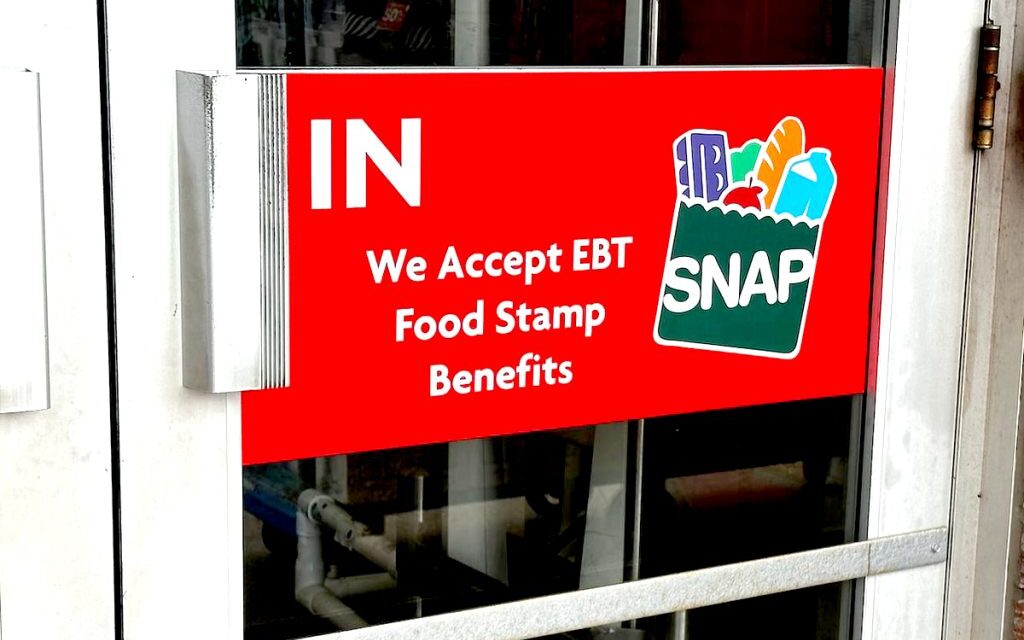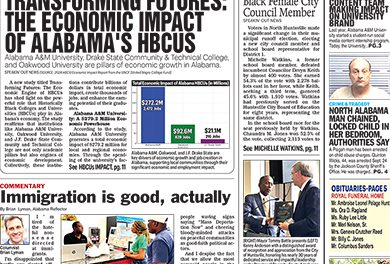Alabama families will miss out on $65.4 million in federal aid designed to help feed children over the summer break. A spokesperson for Gov. Kay Ivey told AL.com it was a matter of timing and available funding.
Alabama is one of 15 states not participating in the USDA’s Summer EBT program this year. State officials said changes to federal funding and bad timing meant state officials couldn’t get the program set up in time.
“Unfortunately, the federal government has now cut funding for administering the program by 50% and issued guidance after our legislative session ended,” Deputy Communications Director Mike Lewis wrote, “thereby eliminating the potential for securing state funds to continue administering these limited additional benefits.”
Each non-participating state has a Republican governor, some of whom have said they’re not participating for political reasons. Mississippi Gov. Tate Reeves’ office said his state won’t participate in a federal summer food program for children because of his desire to reject “attempts to expand the welfare state.”
The Summer Electronic Benefit Transfer or EBT program provides $120 for each child – $40 each month – during the summer break. The federal government started the program in 2020. Families can use the money, which comes loaded on a prepaid card, to buy certain groceries and cook at home.
In 2023, the Summer Pandemic EBT program provided $63 million in benefits to 530,000 Alabama students.
The USDA released initial guidance on June 7, 2023, one day after Alabama’s legislative session ended. Instead of covering 100% of administrative costs, as in previous years, federal funding would cover 50% for the 2024 summer benefit program.
Now, states need to come up with 50% of administrative costs in order to continue the program. Carol Gundlach, a policy analyst for Alabama Arise, said that would probably cost Alabama $10 million.
The USDA’s Summer Food Service Program will continue, she said, but it reaches far fewer children than the Summer EBT program would have reached.
“We definitely have a hole in 2024,” Gundlach said. “I think it’s going to drive up childhood hunger.”
States can join the program for 2025, Gundlach said.
Lewis told CBS42 Alabama is considering whether to participate in 2025 but the total cost to administer the program has not been determined yet.
Related: More Alabama schools will offer free lunch and breakfast to students. See where.
The Food Research and Action Center estimated 545,000 Alabama children were eligible for the benefit and that the expected economic impact of the benefits was between $98.1 million and $117.7 million.











